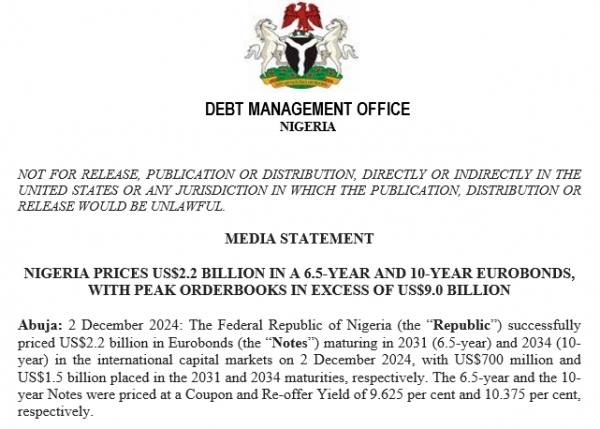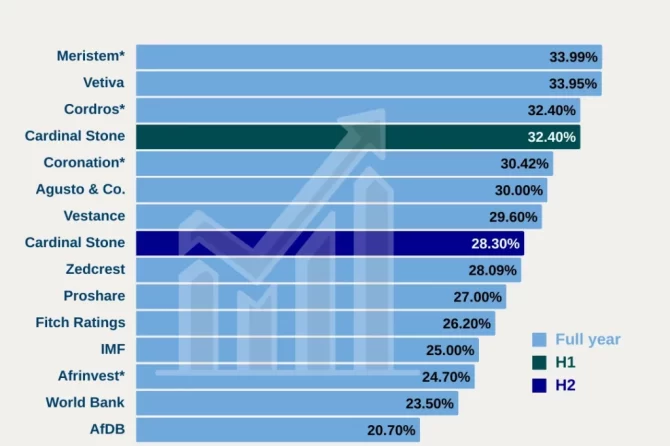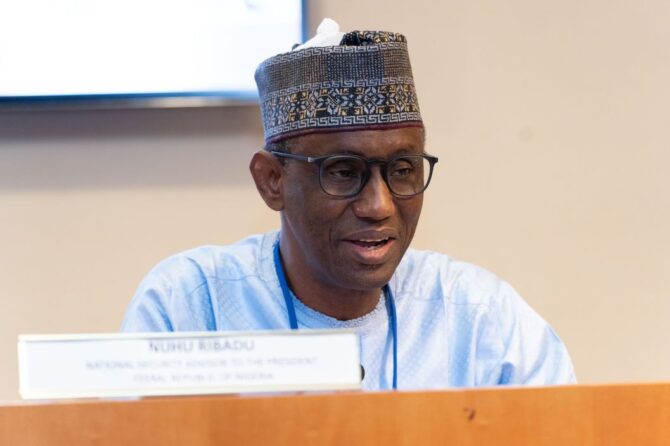Nigeria Returns to International Markets with Eurobond Issuance to Address Budget Deficit
Nigeria has launched a significant Eurobond issuance to bridge its growing budget deficit, marking its return to the international capital markets after over two years. The offering includes $500 million in 6.5-year bonds and a benchmark-sized 10-year bond, with yields expected at approximately 10.125% and 10.625%, respectively. These bonds will provide much-needed capital to address the country’s 2024 fiscal shortfall, driven by low oil production, sluggish tax revenues, and economic diversification challenges.
Understanding Eurobonds and Their Mechanism
Eurobonds are debt securities issued in a currency different from that of the issuer’s home country. For Nigeria, these bonds are denominated in U.S. dollars and will pay semi-annual coupons, structured under Rule 144A/Regulation S formats. This structure ensures accessibility for both U.S. and international investors. The bonds will be listed on the London Stock Exchange, reinforcing their global appeal.

Key Features of the Issuance:
- Denominations: Minimum investment starts at $200,000, with increments of $1,000.
- Settlement Date: The transaction is set to close on December 9, 2024.
- Management: A consortium of financial giants, including Citigroup, Goldman Sachs, JPMorgan Chase, and Standard Chartered, is overseeing the issuance. Chapel Hill Denham Advisory Limited acts as the Nigerian bookrunner.
Economic Context: Why Eurobonds Now?
Nigeria, Africa’s largest oil producer, has faced mounting fiscal pressures. Revenue shortfalls are largely attributed to:
- Crude Oil Production Disruptions: Persistent challenges in the oil sector, including infrastructure issues and theft.
- Low Tax Revenues: Limited revenue from non-oil sectors due to insufficient economic diversification.
- Public Spending Demands: Rising costs, coupled with a deficit that reached N4.56 trillion (3.72% of GDP) in the first half of 2024, have strained government finances.
Earlier reluctance to issue Eurobonds stemmed from concerns over high borrowing costs. However, with plans to raise $2.2 billion to plug the budget deficit, the necessity of accessing international capital markets became evident. The government also aims to diversify funding sources, moving beyond domestic borrowing, which saw a $900 million sale of dollar-denominated bonds in 2023.
Investor Confidence and Market Implications
The Eurobond sale has attracted significant interest, with a peak order book surpassing $9 billion. This demonstrates robust investor confidence in Nigeria’s macroeconomic policies under President Bola Ahmed Tinubu’s administration. Key investor classes include:
- Fund Managers
- Insurance and Pension Funds
- Hedge Funds
- Banks and Financial Institutions
The strong demand, approximately 4.18 times the offer amount, signals optimism about Nigeria’s economic reforms and creditworthiness, despite its Caa1 (positive) rating from Moody’s and B- (stable) from S&P and Fitch.
Regional Context: A Renewed Appetite for African Debt
Nigeria’s return mirrors a broader trend in African economies re-entering international markets after the 2022 surge in global interest rates. Countries like Ivory Coast, South Africa, Senegal, and Kenya have recently issued successful bonds, reflecting growing investor confidence in the continent’s economic potential.

Future Outlook and Strategic Impact
The proceeds from this Eurobond issuance will finance key sectors, bolster foreign reserves, and stabilize the economy. This strategic move is expected to:
- Enhance Liquidity: Improve Nigeria’s ability to meet foreign debt obligations.
- Support Infrastructure Projects: Fund critical projects to stimulate economic growth.
- Strengthen Fiscal Policy: Provide breathing room for structural reforms.
Conclusion
Nigeria’s Eurobond issuance represents a critical step in addressing fiscal deficits and stabilizing its economy amid global economic uncertainties. The strong investor response underscores confidence in Nigeria’s long-term potential and prudent financial management. As the country navigates its fiscal challenges, this strategic move could lay the foundation for more sustainable and inclusive growth.

















